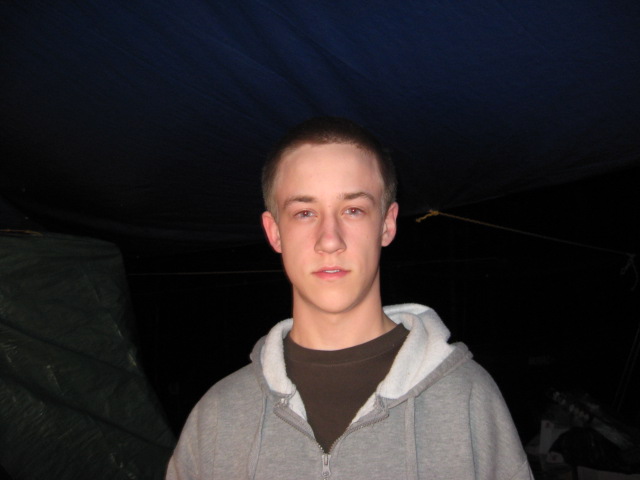It was her family’s darkest moment, but for several people and their families, it was their life-saving miracle.

In June 2014, Beverley Baragar lost her stepson Jacob Rogers at only 20 years old, but through organ donation, he saved seven people’s lives, and helped countless more through tissue and bone donations.
“We received a letter from the heart recipient and it may sound silly, but it’s an important one to get. We know all organs are important, but somehow that one, it’s his heartbeat,” Baragar told Global News.
For Organ and Tissue Donation Awareness Week, Baragar, her husband, and their three sons, Jonathan, Joshua and Wyatt, shared Jacob’s brave story with us.
READ MORE: #48in48: Join Global News to start 48,000 conversations about organ donation in 48 hours
This year, Global News is aiming to start 48,000 conversations about organ and tissue donation within a 48-hour timeframe, starting on April 18.
We’re partnering with provincial transplant organizations and liveon.ca in hopes of getting more Canadians to sign up as organ donors.
Right now, there are 1,578 Ontarians on a wait list for a medically urgent organ transplant. Last year, 269 organ donors helped 1,086 people.
Hearing from donor recipients
It’s been less than two years since Jacob died. Since then, the woman who received his liver watched her son graduate, her daughter get married and she became a grandmother – milestones she didn’t think she’d reach before Jacob gave her a second chance at life.
In another letter, a man thanked Jacob for giving him another anniversary with his wife.
“Jacob was unselfish in the way he lived, so it was important for him to be unselfish in his passing. We love the fact that he saved seven people’s lives,” Baragar said.
How the organ donation process works
Dr. Andrew Healey, chief medical officer of the Trillium Gift of Life Network (TGLN), says the average number of organs procured from a deceased donor is three to four.
A single organ donor can save eight lives: his or her heart, each lung, liver, kidney, pancreas and small bowel can help recipients on a wait list. Tissue and bone donations can also help as many as 75 people.
Healey has seen how the process touches a donor family and helps them with healing.
“It’s something that’s very powerful for them, and for me and my passion, why I do this work is to ensure, when possible, that something good comes from this tragedy. Families tell us donation brings them comfort in their grief, a solace and peace that allows them to grieve in a healthy way,” Healey said.
All about Jacob
Jacob had blonde hair and blue eyes. He was 5’8 and about 150 pounds. He loved hiking, he built empires on World of Warcraft and he cared for his friends and younger brother, Joshua, fiercely.
He died suddenly and unexpectedly in the summer of 2014. In hospital, his parents learned that Jacob was brain dead and doctors were giving him three days to monitor his brain activity.
That’s when the parents knew they had a decision to make. They tasked their sons with the question of organ donation, too. For the family, the decision was easy.
“I wish you could’ve seen the moment because it was like something lit up in them, and the sentiment was for sure, it’s something Jacob would’ve wanted,” Baragar said.
The family filled out the paperwork and checked the boxes so that recipients would get the phone call that a donor had come forward.
“The nurse kept asking us, ‘are you guys OK?’ and Bob and I kept looking at each other thinking this decision was right,” she said.
Organ donation is akin to a closed adoption. The families now tied together can communicate – as they have – but only through TGLN and without any specific descriptors. The liver recipient, for example, is convinced her donor was young and athletic, because she says she’s never felt so active before.
The decision to donate Jacob’s organs shaped the family’s trajectory. In death, Jacob has led by example: his family signed up as donors in the weeks after his passing, and the families he’s touched told Baragar in letters that they’ve signed up as donors, too.
Knowing a piece of him is living on in others is their silver lining.
“It’s a process. We have lots of good days, but some days, something reminds you of him, and you’re back at Day 1,” Baragar said.
Last year, to mark the first anniversary of his death, Baragar said the family threw Jacob a party with all of his favourites: salt and vinegar chips, ice cold Coca-Cola, pepperoni pizza and bowling.
carmen.chai@globalnews.ca
Follow @Carmen_Chai




Comments